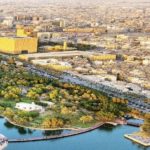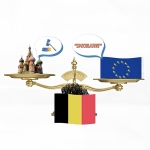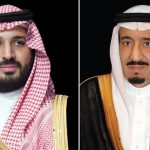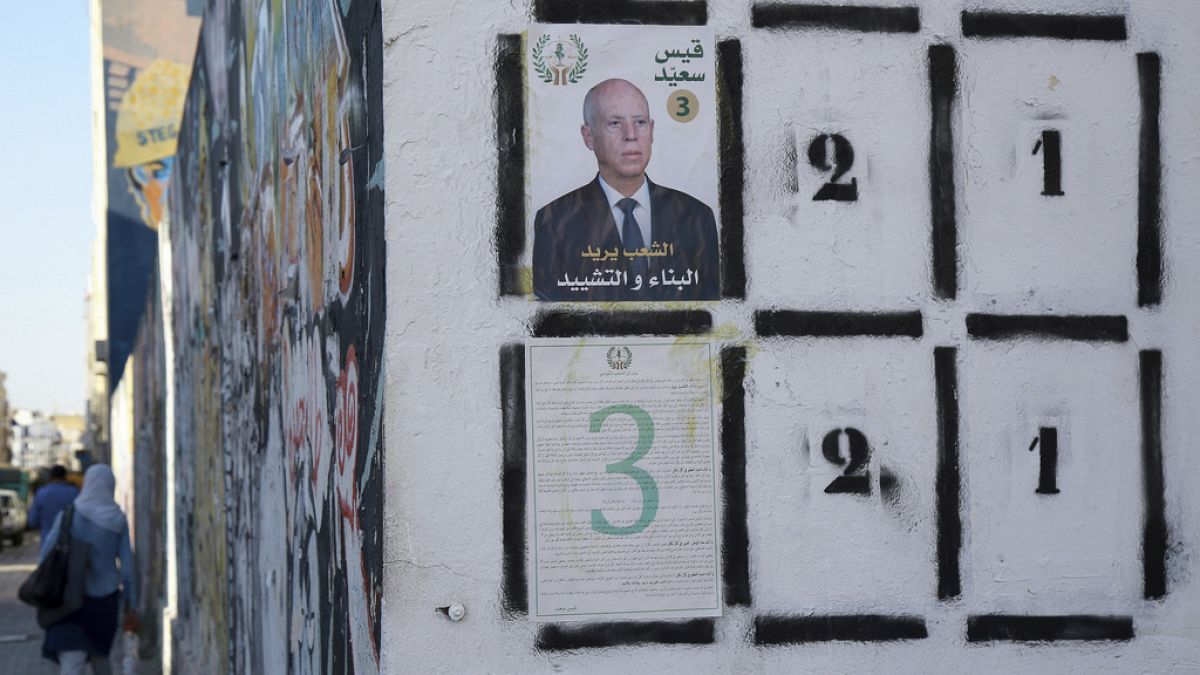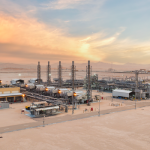The upcoming presidential election in Tunisia on Sunday has raised concerns about the fairness of the process, especially with major opposition figures imprisoned or excluded from the ballot. President Kais Saied, who initially won office on an anti-establishment platform, faces limited obstacles in securing re-election for a second term. The previous democratic norms that earned Tunisia praise as the Arab Spring’s success story appear to be in question due to recent arrests and actions by the election authority appointed by Saied. Opposition parties are even calling for a boycott of the election.
Tunisia was once hailed as the only success story of the Arab Spring, with a new democratic constitution and prominent civil society groups receiving the Nobel Peace Prize. However, the country’s leaders have struggled to address economic challenges, political infighting, and violence. The European Union has been silent on the potential democratic backsliding in Tunisia, with its main focus being on the issue of migration. A deal between the EU and Tunisia signed in 2023 aims to reduce the number of migrants attempting the dangerous Mediterranean crossing, resulting in a significant decrease in arrivals in Italy.
President Saied has taken a harsh stance against migrants from sub-Saharan Africa, accusing them of violence and crime and suggesting they are part of a plot to alter the country’s demography. This anti-migrant rhetoric has led to extreme violence against migrants and a crackdown by authorities, including arrests, deportations, and the destruction of migrant camps. The EU is also said to be interested in maintaining a relationship with Saied to prevent Russia and China from expanding their influence in the region. Saied, an outsider in Tunisian politics, won his first term in 2019 and has promised to bring about a “New Tunisia” by empowering young people and local governments.
The upcoming election will provide insight into popular opinion on the path Tunisia’s democracy has taken under Saied’s leadership. Despite controversial actions such as declaring a state of emergency, dismissing the parliament, and rewriting the constitution, his supporters seem to remain loyal. However, the lack of affiliation with any political party raises questions about the depth of his support among Tunisians. Opposition figures critical of Saied have been arrested, including journalists, lawyers, and politicians, leading to concerns about the suppression of dissent and political freedoms in Tunisia.
In the lead-up to the election, only three candidates have been approved to run, with Saied facing limited opposition from political figures who have been critical of his government. Many potential candidates were prevented from participating, and the election authority’s dismissal of court rulings regarding additional challengers has raised doubts about the fairness of the electoral process. The crackdown on opposition figures, including the imprisonment of prominent politicians like Rached Ghannouchi and Abir Moussi, has led to calls for a boycott from various opposition groups who question the legitimacy of the election.
Tunisia’s struggling economy, with high unemployment rates, slow growth, and heavy reliance on multilateral lenders like the IMF and the EU, poses a significant challenge for Saied’s administration. Despite promises to reform the economy, negotiations for a bailout package from the IMF have stalled due to Saied’s reluctance to accept conditions such as restructuring state-owned companies and cutting public wages. The dire economic situation has also fueled migration attempts to Europe, as Tunisians seek better opportunities abroad. With ongoing political risks and uncertainties, both foreign and local investors remain hesitant to invest in Tunisia, contributing to the country’s economic struggles.


